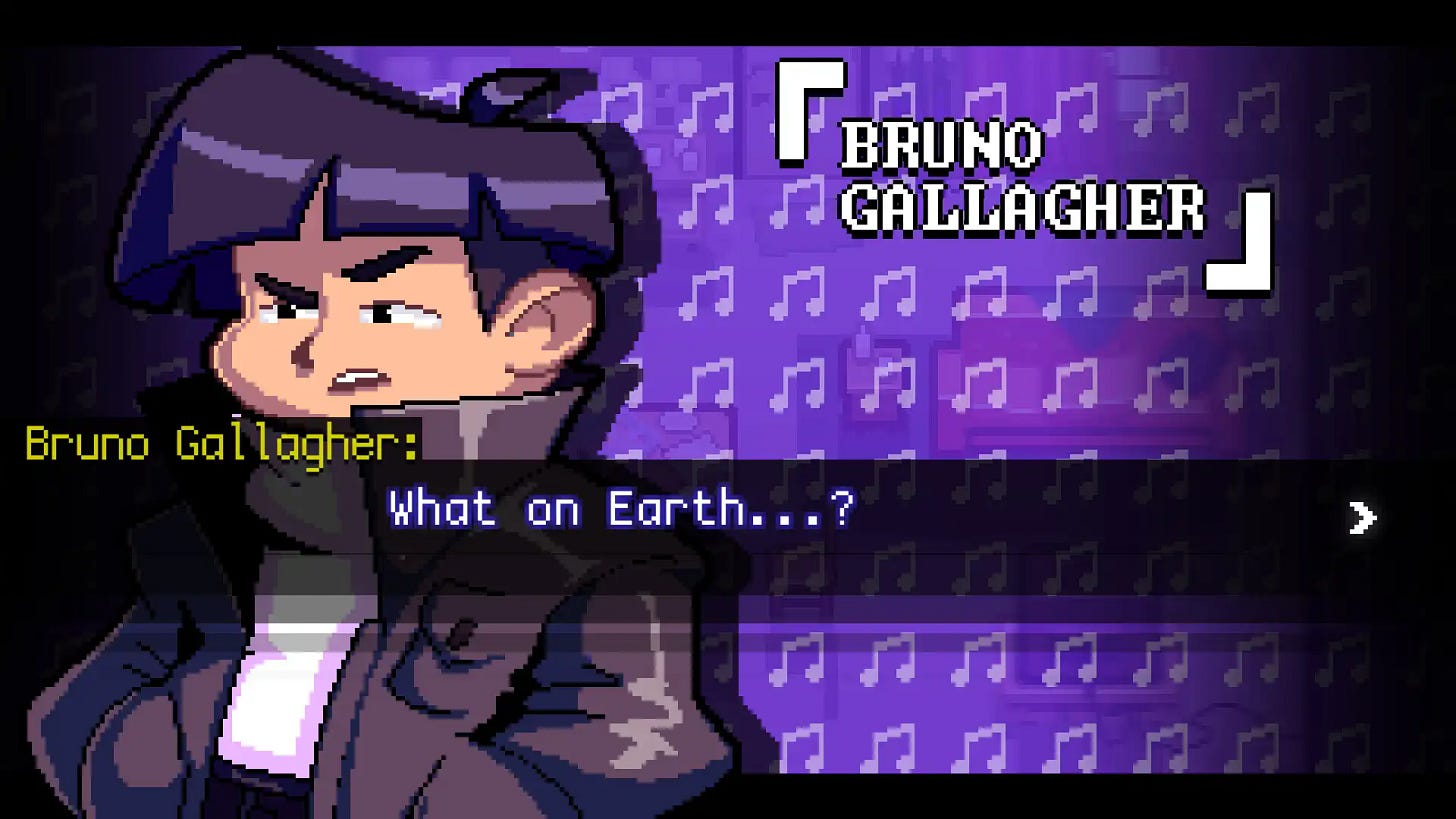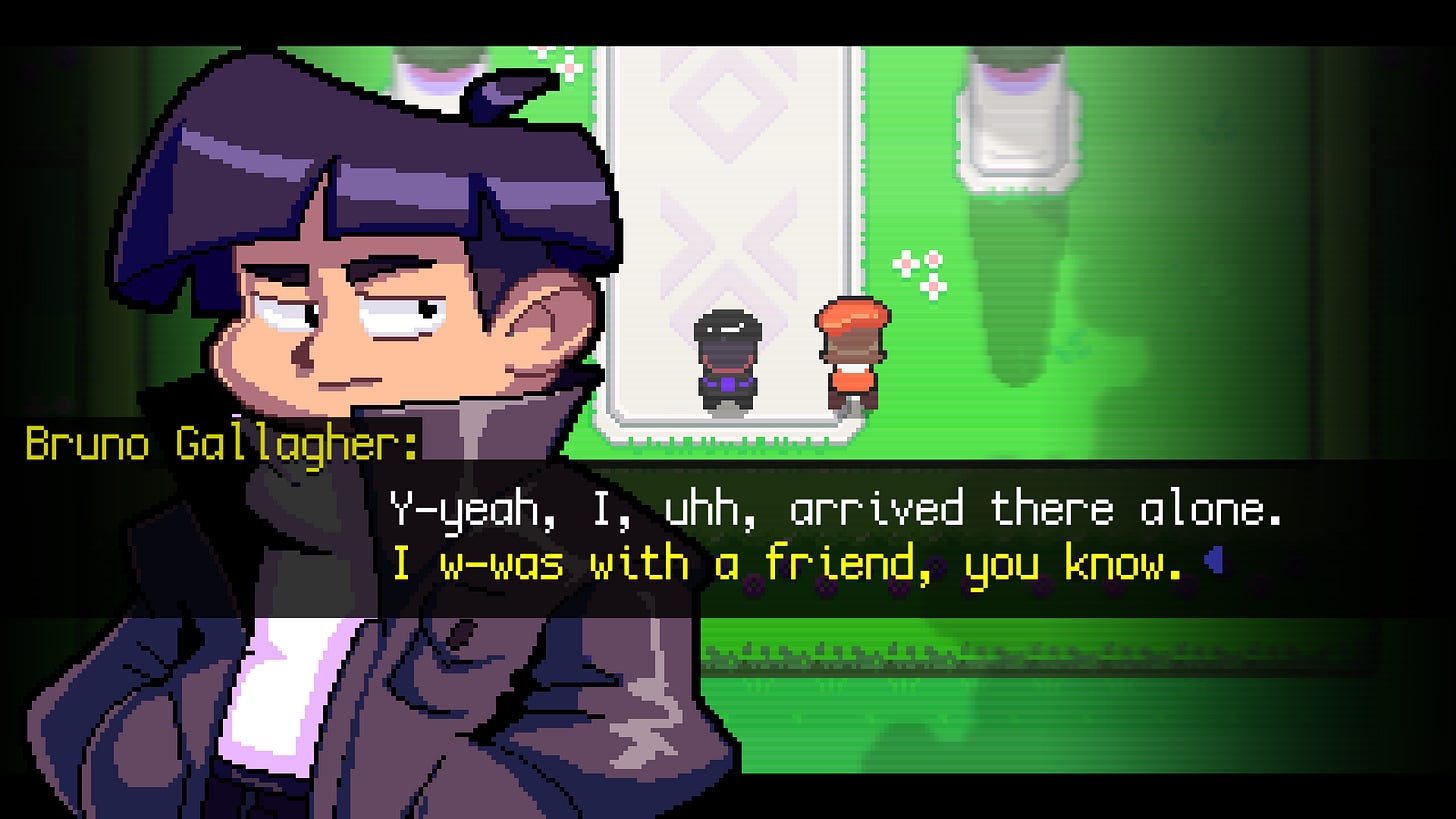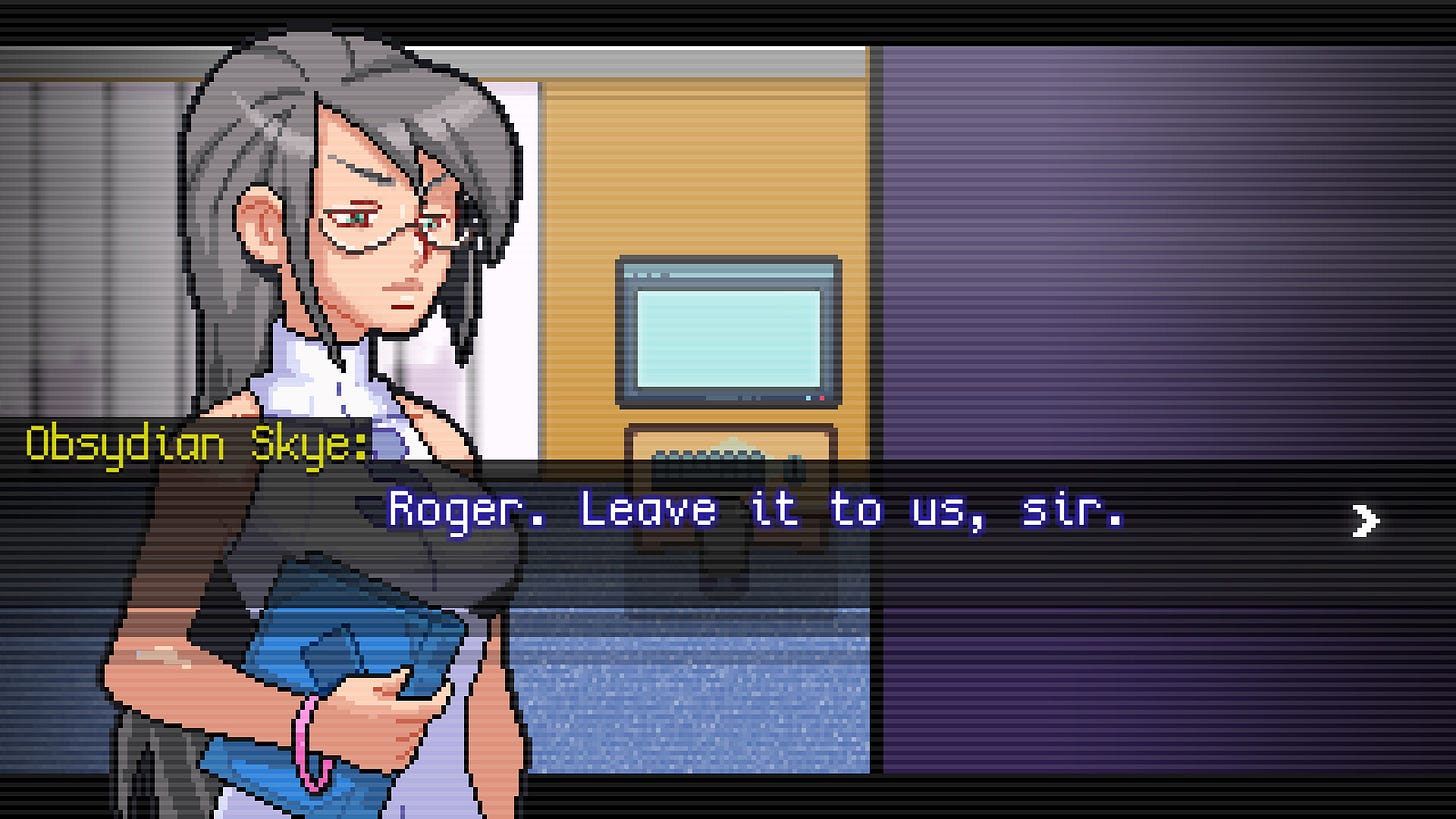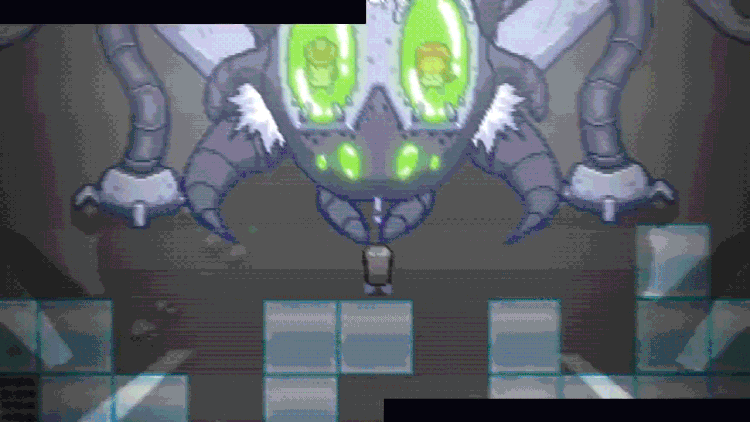Re:Call Review
A wildly inventive and ambitious puzzle game that's supported by a great story
Code provided by Whitethorn Games
I’ve had a long journey with this game. A friend of mine (LukeWarmGames) stumbled upon the Re:Call demo at PAX West, which was presented comfortably in front of an empty couch with a controller. After playing through it, he immediately realized that he couldn’t keep it to himself and quickly told us that it was his favorite game of the show.
Well, with an endorsement like that, I was compelled to see for myself. I found the same empty couch and controller and proceeded to be thoroughly impressed by this little indie game no one was talking about. Since then, I’ve had time to interview the creator, maitan69, and understand the inspirations and ideas behind the game.
Late January, I got a review code for the gam,e and the big question was ready to be answered: Would this ambitious little indie game live up to the hype?
After finishing the game, I finally have my thoughts on the matter. While there are several gameplay portions that could have used some fine-tuning, Re:Call is incredibly inventive, well-written, and entertaining.
Re:Call is a narrative-focused puzzle game where you manipulate memories to solve challenges. What this means is, most of the game takes place inside past events as a character recounts them from the present. As the player, you will change outcomes in the past, which then impacts the present. Think of it as a simplified butterfly effect.
I want to start by saying this is a very confusing concept. So to have the entirety of the game be dependent on it in hopes you can always keep the player abreast of what’s going on is a bold choice. Luckily, Re:Call had no problem with this. With a lot of help from the fantastic writing and plot design, the game does a great job of introducing you to the rules of the game and how you will be using them to your advantage. The levels are planned in a way that slowly introduces new mechanics to the player while also keeping the gameplay fresh. I was really worried that the puzzle-solving in the first level would get overly complex and tedious in later levels, but I was happy to see that almost every level had a unique twist on how the puzzles were presented. It almost felt like an anthology of gameplay mechanics, which I found quite impressive for a game and development team of this size.
The gameplay in Re:Call is a double-edged sword. Things were always switching up and adapting along with the story. It was an easy way to keep the puzzles interesting, as you had to completely rethink not only the puzzle itself but the tools you had to solve them. I really appreciated the risk the game takes by doing this, and I’m not saying I would want it to change, but it does create some polish issues. For almost every level, I found some quality-of-life issues. Whether it was figuring out how to restart a memory once I realized I made a mistake, being generally confused about the sequence of events I needed to trigger to move the story forward once I figured out the solution to a puzzle, or even just some sections that were far too long. These are things that would be more obviously frustrating (and therefore prioritized and fixed) if the gameplay mechanics were more consistent throughout the game, but on the plus side, at least you don’t have to spend too much time with any frustration.
Also, while I loved the risks that Re:Call took with gameplay, what would have been a better risk to take is to leave some levels or sections on the cutting room floor. I didn’t have a problem with most of the levels, but there were two in particular, the police raid and the hospital level, that dragged on for way too long without much meaningful payoff. In some ways, I understand, because these levels introduce some of the coolest mechanics in the game, but that is somewhat soured by how long we have to spend with these mechanics doing minor variations of the same puzzle. Cutting those levels down significantly would have helped both the general gameplay feel and the storytelling.
Pivoting to the storytelling, it’s fantastic. One of the most engaging and creative stories I’ve seen in a game in a long time. As I mentioned earlier, the general concept is a bit confusing to digest, but the writing makes everything fairly easy to follow. Re: Call has it all, mystery, drama, emotion, comedy, you name it. On top of it, the characters are all pretty enjoyable to follow. Many times, you see games that have a surface-level story to get the player to the next gameplay section. In this case, I felt like everything was strongly intertwined. The story had twists and turns that were followed up on within the gameplay and vice versa. My only criticism is that the ending felt kind of flat to me. The game spends a ton of time building up several mysteries, and while many of them were answered, the ones left more ambiguous didn’t feel quite satisfying to me. Even so, that didn’t spoil the overall journey, and it’s one well worth experiencing.
Overall Re:Call is what I would call a “rough diamond”. It’s a really great game with a really great concept. The problem is that it just needs a lot of polishing. The core gameplay and story moments were some of my favorites from any game in a long time. My issue was mostly with quality-of-life aspects. There were several times when I felt frustrated with no way to alleviate it, gameplay segments that began to drag far too long, and just a few graphical or grammatical bugs.
For puzzle fans, Re:Call deserves a chance. It’s a pretty fresh experience with a lot of love put in. Many of the issues I had with my play-through can be resolved by future patches, and the fundamental issues I had with the game are not “experience-ruiners”. This is a great adventure that showcases the immense talent of maitain69. I can’t wait to see what future projects look like with the learnings from this one.








